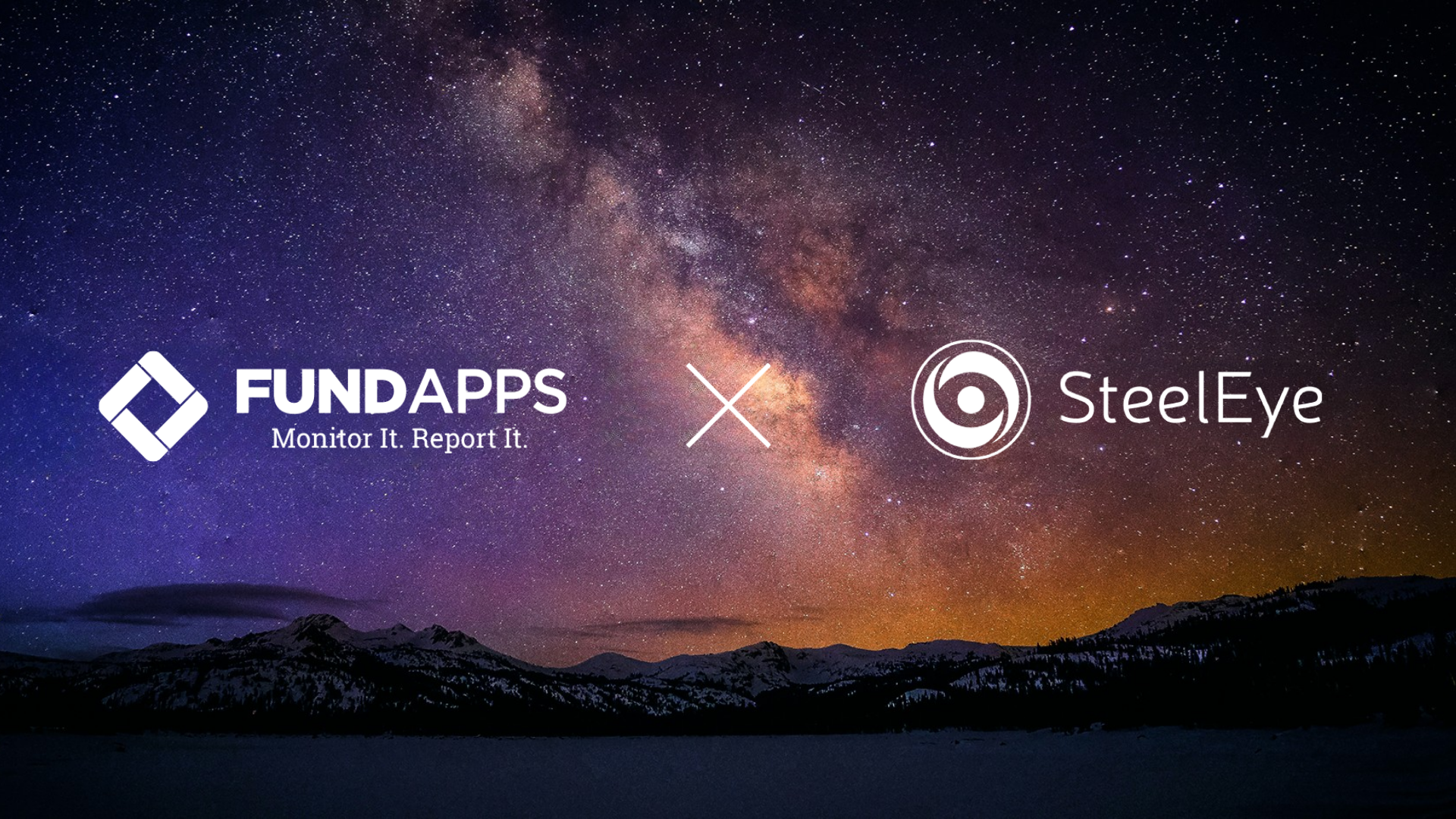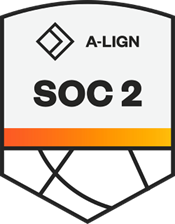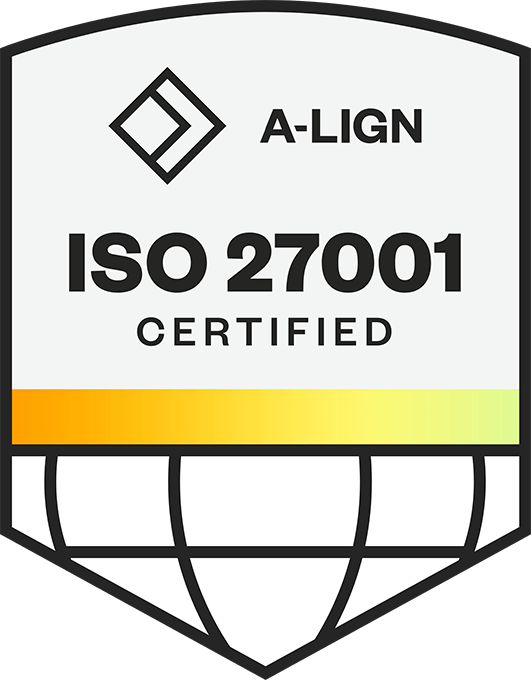Authors:
|

Mark Pflitsch
Commercial Director
SteelEye
|
.png?width=136&height=136&name=Untitled%20design%20(47).png)
Anthony Barr
Commercial Director
SteelEye
|
Overview
SteelEye recently hosted its inaugural Singapore Roundtable, marking an important milestone following the company’s regional incorporation in 2024. The roundtable was followed by participation in XLoD Global Singapore 2025, a leading industry forum for professionals across compliance, risk, and operational functions.
Both events were well attended by senior stakeholders from financial institutions in the region, including compliance officers, heads of surveillance, and risk leaders. Across both events, the discussions were dominated by one theme: how Artificial Intelligence (AI) is shaping the future of compliance, surveillance, and data governance in financial services.
AI’s rapid development has prompted firms and regulators alike to assess its opportunities and implications. While there is broad consensus that AI can enhance surveillance effectiveness and efficiency, there is also recognition that governance, transparency, and regulatory guidance are still evolving.
Key Themes from SteelEye’s Singapore Roundtable
AI in Compliance and Surveillance
The Singapore Roundtable focused on the practical use of AI within regulatory compliance functions. Participants discussed how AI can advance trade and communications monitoring by:
Despite these advantages, most attendees noted that AI governance and operational frameworks remain underdeveloped. Firms are working to define policies around AI use, model validation, and accountability structures.
Several participants highlighted that internal risk assessments of AI tools vary significantly across institutions. Some firms apply rigorous validation and model risk management processes, while others are still establishing protocols. This unevenness, combined with a shortage of in-house AI expertise, poses a challenge to consistent adoption and control.

Regulatory Context
The Monetary Authority of Singapore (MAS) was commended for its proactive approach in encouraging responsible AI adoption. MAS’s initiatives, including the Veritas framework and recent consultation efforts, were recognised as setting a constructive tone for the market.
However, participants observed that current MAS guidance remains principles-based rather than prescriptive, leaving firms to interpret practical implementation approaches. Many attendees expressed interest in more detailed regulatory engagement, particularly regarding testing methodologies, explainability requirements, and cross-border data implications.
There was general agreement that while MAS promotes innovation, firms must take ownership of defining their own AI governance standards, ensuring they align with both local and global compliance expectations.
Adoption Levels
Participants represented firms at different stages of AI maturity:
These findings align with insights from SteelEye’s APAC Snapshot, which revealed that Singapore leads globally in AI adoption, with 97% of firms using AI in surveillance and 96% of those firms reporting measurable improvements.
A recurring theme across all levels was the importance of balancing innovation with control. Firms emphasised that successful AI deployment requires not only technology investment but also upskilling, risk calibration, and collaboration with regulators.
Attendees also observed that MAS continues to encourage AI experimentation and responsible adoption, but that clearer guardrails, particularly around accountability and auditing, would support greater confidence in large-scale deployment.
Insights from XLoD Global Singapore
Event Focus
XLoD Global Singapore 2025 marked the organiser’s first regional event, drawing professionals from the three lines of defence: risk management, compliance, and operations. The conference focused on the integration of AI into surveillance, compliance frameworks, and operational processes.
Sessions primarily focused on how firms can implement AI responsibly while ensuring alignment with evolving regulatory standards and ethical expectations. Additionally, SteelEye’s Mark Pflitsch and Verint’s Nigel Canning co-hosted a roundtable discussion on Multi-Lingual Voice Surveillance Capabilities. The session explored how firms can enhance the accuracy of voice surveillance across multiple languages and dialects, a growing priority in globally distributed trading environments.
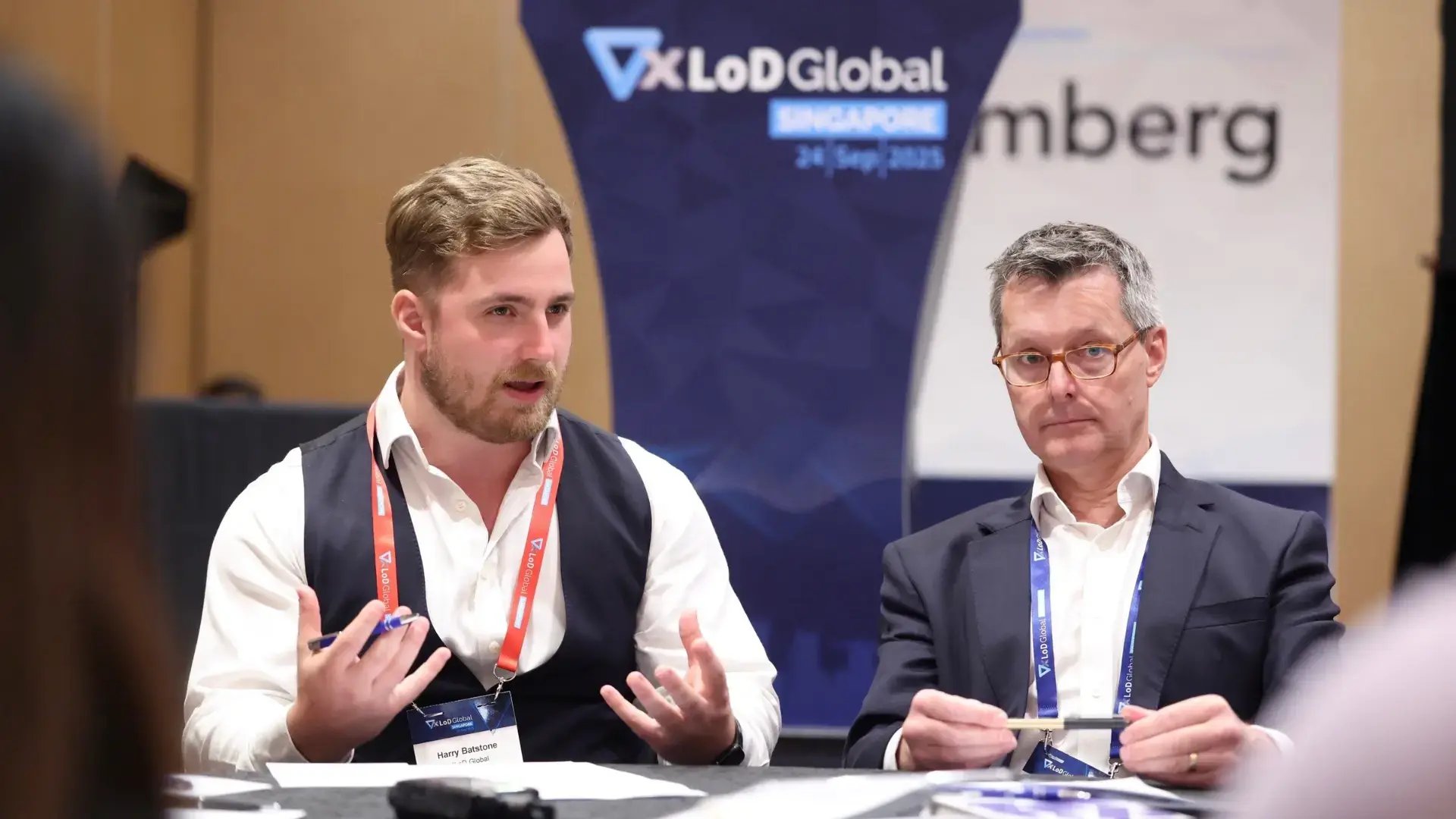
AI and Risk Management
Speakers agreed that AI is now fundamental to scaling surveillance operations. Key benefits include:
-
Greater detection accuracy across communications and trading activities.
-
Improved ability to identify emerging risks and behavioural anomalies.
-
Faster incident response and escalation through automated triage and prioritisation.
However, panellists repeatedly emphasised that human oversight remains essential. AI can process data at scale, but cannot yet replicate the contextual reasoning required for regulatory judgements or conduct assessments.
Speakers underlined the need for hybrid models combining AI-driven analysis with expert human review. Such models help mitigate bias, ensure proportionality, and maintain accountability - factors central to regulatory confidence.
Regional Considerations
The discussion also explored the unique challenges of implementing global compliance models in the Asia-Pacific (APAC) region. Key considerations include:
-
Varying regulatory expectations around data sharing, model explainability, and AI ethics.
-
Language and cultural differences complicate voice and e-communications monitoring.
Firms operating in multiple markets are seeking frameworks that provide global consistency while respecting local regulatory nuances. Participants noted that this balance is critical for effective risk management and cross-border collaboration.

Operational Integration
A recurring point of focus across sessions was breaking down silos between the three lines of defence. Many firms continue to face challenges with:
Speakers called for integrated operating models that align data governance, analytics, and oversight functions. Such integration not only strengthens surveillance but also supports proactive risk management and audit readiness.
Conclusion
SteelEye’s Singapore Roundtable and XLoD Global Singapore 2025 collectively provided a clear view of how financial institutions in the region are approaching the adoption of AI in compliance and surveillance.
Across both events, participants recognised AI as a transformative enabler, capable of improving the efficiency, accuracy, and scalability of monitoring functions. Yet there was consensus that progress must be matched by:
-
Robust governance structures to oversee AI development and deployment.
-
Clearer regulatory guidance to promote consistency and accountability.
-
Knowledge sharing and collaboration across firms and regulators to foster responsible innovation.

The discussions underscored that AI in compliance is entering a maturity phase, shifting from experimentation to structured implementation. However, success will depend on firms maintaining a measured balance between automation and human judgment.
SteelEye’s continued engagement in Singapore reflects a broader industry direction, one defined by collaboration, transparency, and the responsible integration of emerging technologies into financial compliance. As firms across the APAC region adapt to this evolving landscape, AI’s role in compliance will continue to expand, guided by principles of ethical use, regulatory alignment, and operational integrity.
Discover how SteelEye’s robust data and surveillance capabilities can help you make informed, compliant decisions when it comes to record-keeping and personal data protection.
Book a demo today

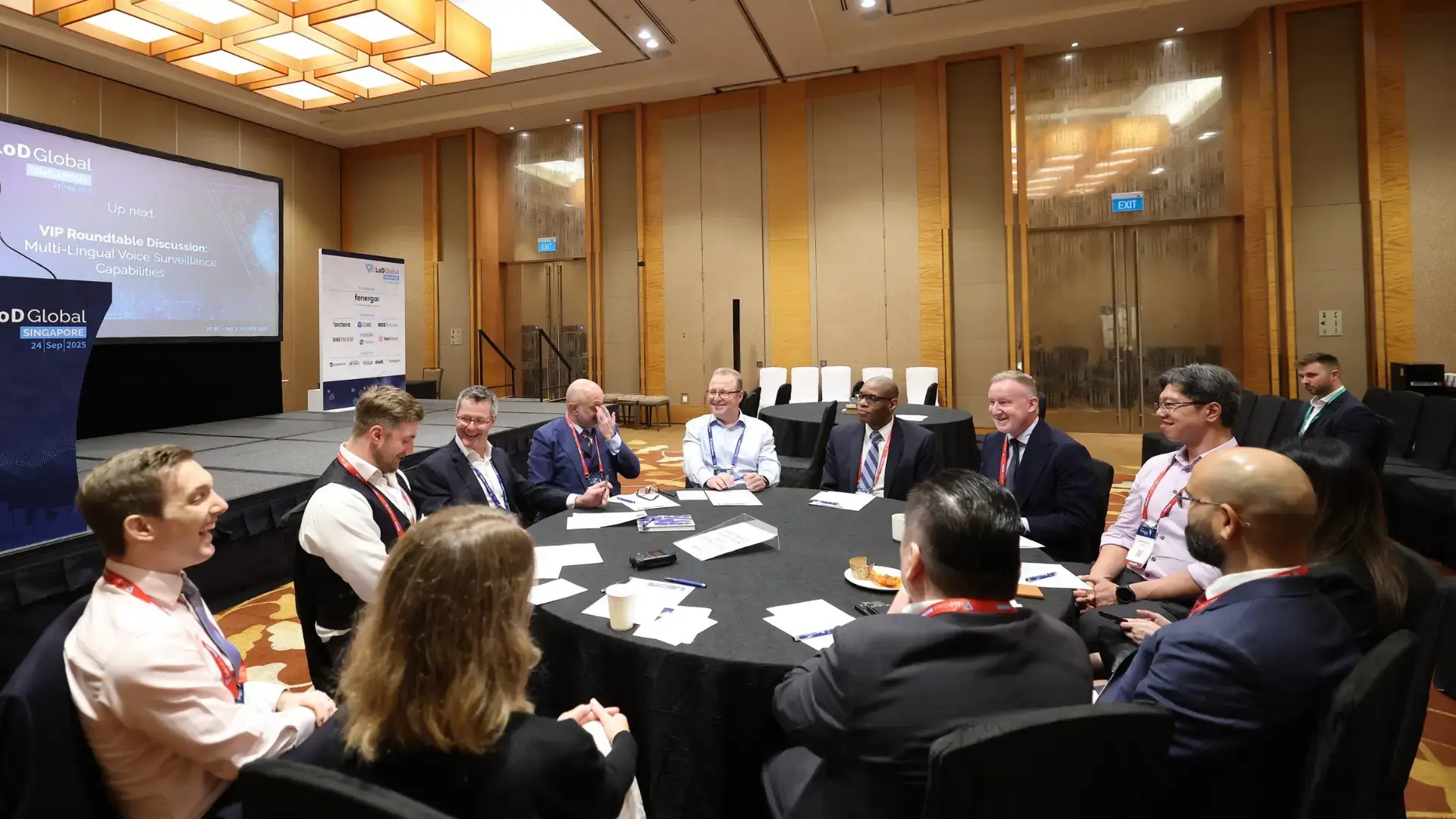

.png?width=136&height=136&name=Untitled%20design%20(47).png)








